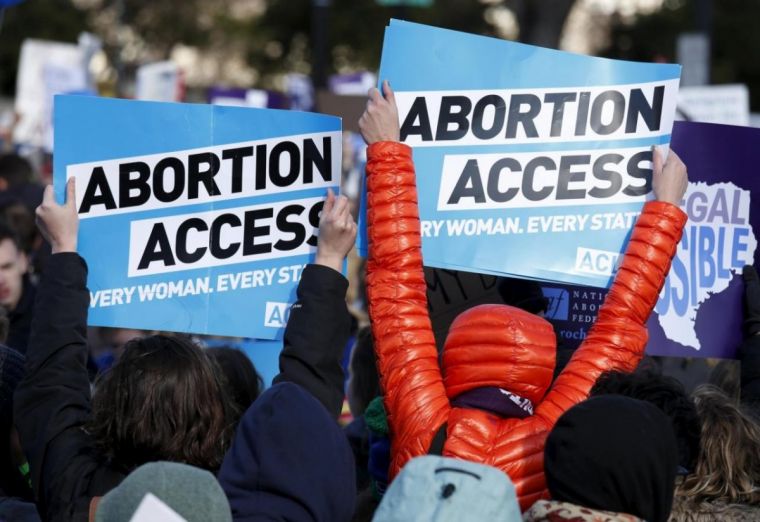California University think-tank teaches medical students how to discuss abortion with religious women

A think-tank in the University of California-San Francisco has released a guide teaching medical students how to help religious women reconcile an abortion with their religious beliefs.
The guide, titled "Early Abortion Training Workbook," was published by the university's Bixby Center for Global Reproductive Health.
In a chapter called "Pregnancy Option Counseling Techniques," the guide teaches several strategies on how to discuss abortion with pregnant, according to The College Fix.
The workbook warns against perpetuating the idea that abortion "will be a sad experience," claiming that some who choose to have an abortion will "ultimately feel relief after completing the process."
Aspiring abortionists are encouraged to tell pregnant women that "[y]ou are a responsible person and may be making the most responsible decision by not continuing the pregnancy."
When dealing with "ambivalent patients," the guide tells students to ask women to consider how a newborn will impact their lives.
"What is your picture of the next year or five years of your life? How does this pregnancy change or affect your goals?" the guide stated, as reported by The College Fix.
The document also offers advice for aspiring abortionists on how to counsel religious women.
"Patients can experience moral conflict when they seek abortion and they believe that life begins at conception and that abortion is an act of murder," the document stated.
It said that appropriate counseling could help determine whether the patient's belief system would "allow for exceptions that can help them reconcile this conflict."
The guide also recommended resources from the pro-abortion religious group Faith Aloud when counseling patients with "spiritual or moral conflict" about abortions.
Faith Aloud, which separated from the Religious Coalition for Reproductive Choice in 2008, is aimed at helping women overcome the "religious stigma" of abortion.
"Religious stigma about women's sexuality and abortion is perpetuated as an act of control, and that stigma is closely related to the control of women by economics and race," the group claims on its website.
Campus Reform was disappointed that the training guide does not mention adoption as an alternative for abortions.
Matt Lamb, spokesman for Students for Life, lamented that the Bixby Center failed to include advice on prenatal care, which he says is focused on the "health and dignity" of both the mother and the unborn child.
The Bixby Center, which was founded 20 years ago, reportedly sponsors annual fellowships for abortionists at 30 universities across the U.S.











